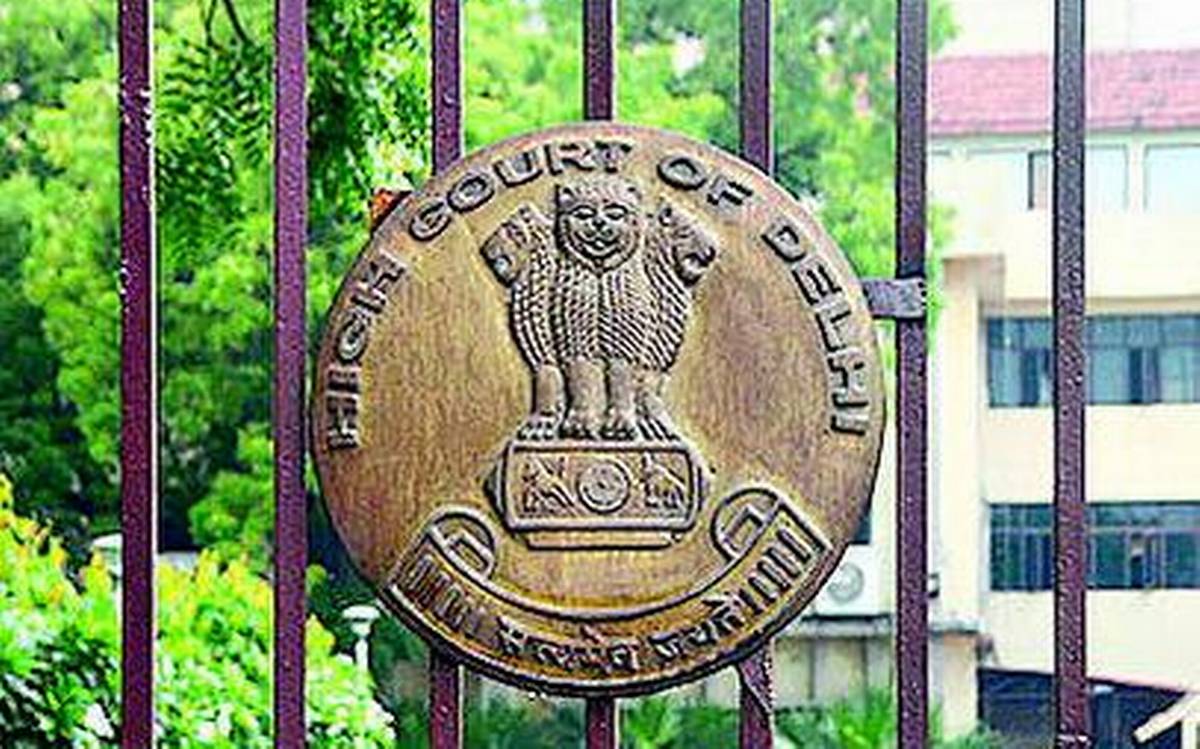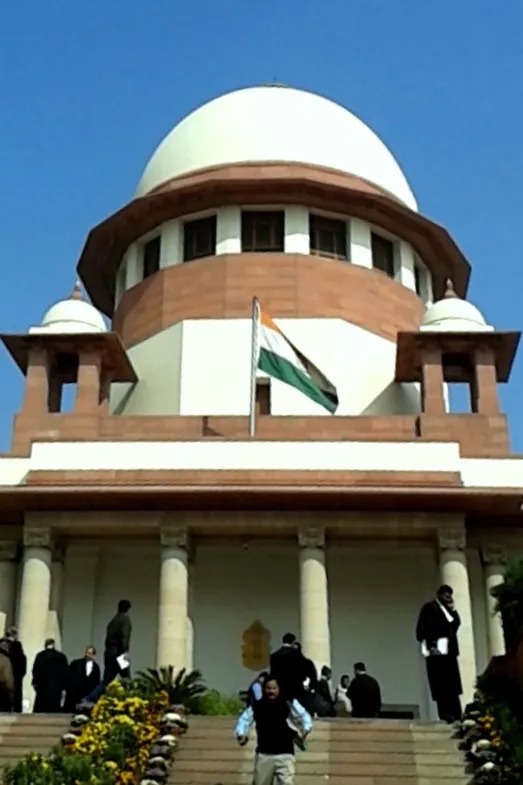Ranjit Singh, J.@mdashHaving been appointed as a Clerk on "7.11.1973 at Punjab National Bank, Agra, the petitioner was promoted as Officer Scale 1 at Ahmedabad on 7.4.1980. With effect from 15.1.2001, the petitioner was promoted as Manager and joined as such at Ghariyala Branch, District Tarn Taran (Amritsar). On ,17.11.2004, the petitioner was placed under suspension. Charge sheet, Annexure P-l, was served upon him on 30.8.2005. This relates to his working as Manager at Ghariyala, District Tarn Taran (Amritsar). The enquiry was held and Enquiry Officer submitted his report on 27.11.2006. On the basis of the finding of Enquiry Officer, the petitioner was removed from service on 18.10.2007, with stipulation that it was not to be treated as a disqualification for future employment. The appeal filed by the petitioner was dismissed on 11.2.2008. He also filed a review petition before the Executive Director-cum-Re-viewing Authority, which was also dismissed on 30.5.2008. The petitioner has now filed this writ petition to impugn the punishment.
2. While arguing before this Court, the petitioner restricted his prayer only qua the quantum of punishment, as can be seen from the order dated 26.2.2009, which is as follows:
Learned counsel states that the petition is not pressed as against the charges, enquiry report, order passed by the Appellate Authority or order passed on Review Application filed by the petitioner. Learned counsel, however, states that because it stands established that no loss has been caused to the Bank on account of the conduct of the petitioner, the penalty imposed i.e. of removal, is harsh. Under the circumstances, learned counsel on behalf of the petitioner prays for milder punishment. Notice of motion only on the issue of penalty, for 18.5.2008.
3. The petitioner accordingly has been heard only on the quantum of sentence.
4. The grievance of the petitioner appears to be that mere is no loss to the Bank and the charges related only to his function as a Manager of the Bank while sanctioning certain loans. As per the counsel, the loan was sanctioned after due appraisal and approval by the assisting staff members, who were equally responsible but they were let off lightly. Accordingly, the submission is that the punishment imposed on the petitioner is harsh and so would call for interference. Counsel for the petitioner would also refer to the fact that some of the charges even could not be established but despite these uncertain findings and without specifying as to what were those charges, the Disciplinary Authority has awarded the punishment. This, as per the counsel, the punishment imposed can not be termed as proportionate to the allegations made.
5. In the reply filed, the respondents have taken various preliminary objections. It is stated mat the petitioner has filed this petition by concealing facts. The main premise that the charges are unspecified and unidentified is denied and it instated that the charges were specific and categorized in the charge sheet. A detailed charge sheet alongwith list of witnesses was supplied to the petitioner. The petitioner had not placed on record the complete charge sheet issued to him and accordingly the complete charge sheet was annexed with the reply as Annexure R-l. Rather, it is pointed out that the petitioner is also facing a challan filed against him by the CBI Court at Patiala. The allegation of fraud was thoroughly investigated and it was found that the petitioner had entered into a criminal conspiracy with Gurmit Singh, Clerk/Cashier, Punjab National Bank, Gharyala and outsiders with the object to misappropriate the funds and cheat the Bank. In pursuance to the said criminal conspiracy, the petitioner sanctioned different loans and caused wrongful loss to the bank and corresponding gain to himself and other persons. A complaint in this regard was lodged to CBI, Chandigarh and case was registered against him and accused Gurmit Singh, Clerk. The petitioner is facing charges under Sections 120-B, 420, 467, 471, 477-A IPC and Section 13(2) r/w 13(1)(d) of Prevention of Corruption Act, 1988. Counsel for the respondent- Bank has pointed out that the petitioner has caused an aggregate loss of ''98.14 lakhs, which is outstanding in different loans and, thus the Bank has been put to this much loss. This is stated on the basis of charge sheet served on the petitioner, copy of which is now placed on record as Annexure R-l.
6. Counsel for the petitioner, however, points out that Bhupinder Singh was serving as a Loaning Officer and all these loans were sanctioned by the petitioner on recommendation made by said Bhupinder Singh. It is pointed out that Bhupinder Singh has been let off with a punishment of stoppage of five increments. Counsel accordingly submits that the petitioner could not have been given a harsher punishment like removal from service. Counsel has made reference to one circular, fixing responsibility at pre loan stages, to urge that responsibility of the person at pre-loan sanction stage is not less than those who have exercised the power of sanctioning the loan at post sanction loan stage. Accordingly, the Counsel contends that 31 years of service of the petitioner was not taken into consideration. As per the counsel, the respondents are apparently conscious of this fact and that is why punishment awarded is without any effect on the future re-employment of the petitioner. The counsel accordingly contends that appropriately punishment should have been of compulsory retirement.
7. Counsel for the respondent Bank, however, says that he is not aware of the punishment awarded to Bhupinder Singh as there is nothing on record to this effect.
8. I have considered the submissions made by learned counsel for the parties.
9. The question of choice and quantum of punishment is within the jurisdiction and decision of the punishing authority. No doubt, the punishment should not be unduly harsh and vindictive. It should also not be disproportionate to the gravity of misconduct as to shock the conscious. If the punishment awarded is such, which is an outrageous defiance of logic, then it would not be immune from correction as a part of judicial review. As is well known, judicial review is not generally directed against the decision but against the decision making process. Irrationality and perversity are recognized grounds of judicial review. (See Council of Civil Service Unions v. Minister for the Civil Service (1984) 3 WLR 1174 (HL)). Thus, illegality, irrationality and procedural impropriety are the three main grounds on which administrative action is subject to control by judicial review. As a part of further development, principle of proportionality has also been recognized as valid ground for judicial review. Penalty disproportionate to the gravity or the misconduct may be termed violative of Article 14 of the Constitution of India. Though the submissions have been made generally on the ground that the punishment is harsh without in any manner indicating how it could be termed as harsh or disproportionate.
10. In my view the punishment imposed on the petitioner can not be said to be disproportionate or otherwise harsh, considering the nature of allegations made against him. Nothing is canvassed before me to point out that some valid considerations were ignored or something which could not be considered has been so considered, while imposing punishment Simply because some person was given a different punishment would not make the punishment look disproportionate or harsh. Bhupinder Singh had obviously a different role to perform at pre-sanction stage of loan. The petitioner, being Manager, was responsible to sanction the loan. He was responsible to see that all documents were complete. He was the loan sanctioning officer. If he is accused of sanctioning loan without there being any valid documents, his responsibility certainly is much more as compared to any Clerk, Peon or other officer, who may have recommended the loan. It was the responsibility of the petitioner to examine the complete record and then sanction the loan. Moreover, it is not a simple case of negligence. It is a case of criminal conspiracy. It is not denied that prosecution of the petitioner is also in progress on the basis of the complaint made against him. Certainly, this punishment does not appear to be harsh or disproportionate in any manner, which would require any interference by this Court. Rather, the punishment appears to be erring on lesser side.
The writ petition is, therefore dismissed.

